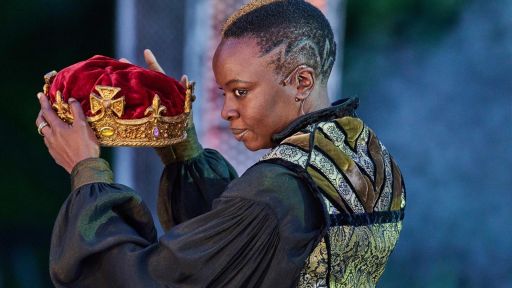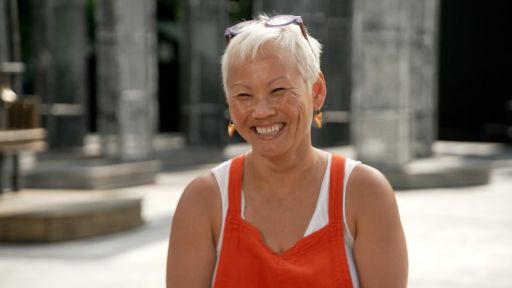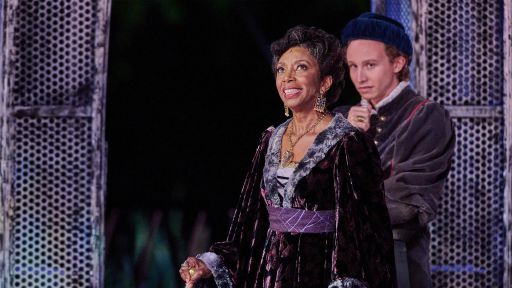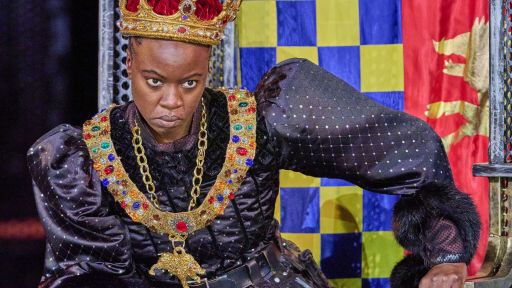Danai Gurira, Ali Stroker and Monique Holt discuss how director Robert O’Hara prioritized diversity and inclusion in Richard III.
Features






Robert made a very specific and fantastic decision to make this a very inclusive cast, one called radically inclusive.
And it is amazing how rarely we see this.
And it really made me very passionate about an advocacy around this being more the norm than the exception.
But it was definitely the most rewarding part of being a part of this production.
It means a lot to me to be a part of this specific production of Richard III, because I think there's a real emphasis on diversity and inclusion.
And I am an actress in a wheelchair and to be surrounded by other actors with disabilities and, you know, people from all different backgrounds It is - it makes the process, it makes the experience, so rich because everyone's different.
And I think that makes for great art.
I know that growing up, I was always looking for people who looked like me, actresses with disabilities in wheelchairs.
And so for an audience member to see themselves represented on stage doing Shakespeare is maybe unexpected and then maybe opens new doors and new ideas and new possibilities for someone who thought it was never possible for them.
Who Robert was... You know, we have a similar mindset in constructing the play and how to shape it.
What if what if this what if that so all of the what ifs.
We had that card, that disability card.
Right.
And that race card that we know the gender card.
The power card.
All the cards.
We usually just play around with that idea and that concept.
And I really enjoyed that part of the process.
